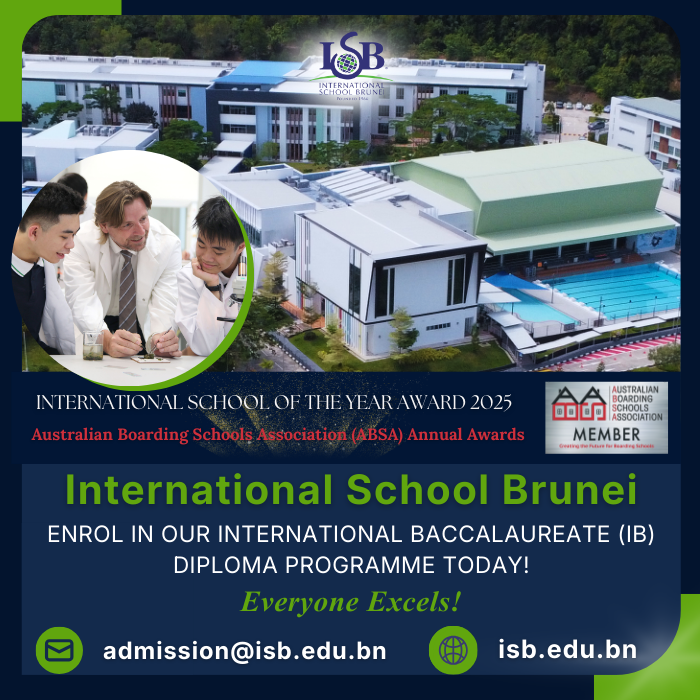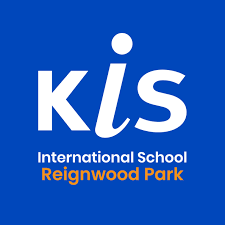Overview of the Education System in Brunei
The education system in Brunei was restructured in 1974 through a formal governmental commission report to manage the educational policies and distribute educational resources to all the learning institutions. Currently, all the government and private learning institutions are supervised by the Ministry of Education in compliance with the Education Act of 1984. All primary and secondary learning institutions follow a common syllabus that has been decided by the Ministry. The use of both Malay and English language is practiced in their education system.
Current Structure and Format
The education system in Brunei begins at the age of five, where children attend preschool for one year. The next step is primary education which takes six years to complete. Students will go through a 3-year lower primary phase (Year 1 to Year 3) and a 3-year upper primary phase (Year 4 to Year 6). By the end of Year 6, it is compulsory for students to take the Primary School Assessment or Penilaian Sekolah Rendah (PSR). This is to assess the students’ suitability for secondary education and to place them in the suitable secondary school course that suits their learning abilities. There are four programs that are available: General Secondary Education Program, Applied Secondary Education Program, Specialised Education Program, and Special Educational Needs Program. Students will then go through four or five years of secondary school. However, for the first two years (Year 7 and Year 8), they adhere a common syllabus.
Brunei Education Facts
Schools in Brunei are closed on Fridays and Sundays, while Saturday is a working day. Brunei operates four terms per year. There is a 10-day or two-week holiday in between each term. The school year comprises a total of about 200 days, with a number of public holidays. Brunei has an Islamic heritage and their government is ruled by the monarchy system. Their formal educational philosophy is mainly focused on Koranic components such as piety and faith, and the devotion towards the Sultan. Brunei’s previous reliance on Britain has led to the influence of Britain’s educational system on the country’s educational curricula and structures. During the year 2000, a total of 221 educational institutions existed in Brunei. These institutions consisted of 175 primary schools, 39 secondary schools, two vocational schools and many other institutions.
Private and Public Schools in Brunei
Public schooling for students ranging from age five to 18 is free for Brunei citizens. However, this does not apply to foreigners. All government schools in Brunei conduct classes usually in English. However, there are some schools that conduct classes in Arabic or Chinese, depending on the schools. The students are required to learn the official language which is Malay or also known as Bahasa Melayu.
As for private schools, there are a few well-known schools such as The International School Brunei and Jerudong International School which are located inthe capital, Bandar Seri Begawan. These schools offer the British and international curricula as well as a variety of extra-curricular offerings. Boarding is also available at these schools. Programmes such as the Brunei-Cambridge O-Level, IGCSEs, and A-Levels are offered by most private schools. Private schools also include a number of missionary schools that cater Catholics and Anglicans, along with Islamic schools.
Teachers in Brunei
Teachers in Brunei can expect 4 to 5 weeks of off-days in December. Despite that, teachers are not allowed to take leave during the school term and may be expected to attend workshops or national events during certain days within the students’ holidays. For foreigners who would like to teach in Brunei, there are a few criteria to adhere to. One of the criteria is that the individual has to be a Commonwealth citizen who has completed their schooling in countries such as Australia, Canada, Ireland, New Zealand, or the United Kingdom. Moreover, applicants who would like to teach in Brunei should be 55 years old or younger.
Average Cost of Education in Brunei
Local students who are attending primary school do not have to pay school fees. However, students have to pay a small amount for miscellaneous fees, which schools use to help finance some school activities or programmes. Besides that, students in secondary schools and pre-university pay a subsidized school fee. Brunei citizens who are aged 5 and above, and choose to go to private schools for primary or secondary levels, are eligible to apply for education allowance. Foreign students pay school fees that are set by the school.
International Schools in Brunei Fees
International schools in Brunei charge anywhere from BD2,000 to BD28,000 a year depending on the schools. International schools also have one-time application fees, registration fees, school development fees, yearly surcharge, and security deposits, among others.
Government Bodies Involved in Education in Brunei
The Brunei Ministry of Education which was restructured in 1974, supervises the educational policies and is responsible in allocating the resources to all the schools under their supervision. All government and private schools are supervised by the Ministry of Education in compliance with the Education Act of 1984. A standardised curriculum is also set by the Ministry of Education for schools to adhere to.
Education Levels
The education levels in Brunei goes by a pattern of 7-3-2-2. The first part consists of seven years of primary education, which also includes a year of preschool, and ends with a public examination known as the Primary Certificate of Education. The next part consists of three years of lower secondary education, which ends with a public examination known as the Lower Secondary Assessment exam. Based on the student’s results from this examination, the student will either go to a technical or vocational education stream, or amore academic-focused stream which consists of two to three years of upper secondary education, which leads to the Brunei-Cambridge General Certificate of Education (GCE) examination. The GCE examinations is divided into O-Level or N-Level. N-Level students are required to go through another year of schooling to prepare for the O-Level examination. After that, students can proceed with a year or two of pre-university education that equips them the knowledge to sit for the Brunei-Cambridge A-Level examinations. Following that, students can further their studies in university.
Brunei country stats
Brunei is a small country with a population of 400,000 people. 40% of the population consists of expatriates from every corner of the world due to the well-paid employment offers and tax-free revenue.
Expats living in Brunei information
Brunei is an Islamic country with very strict laws. Therefore, it might cause a culture shock to some expatriates who first arrive in Brunei. People are encouraged to dress modestly and avoid physical contact with the opposite gender in public. There are also strict laws that apply to the use of alcohol and drugs. As for language barrier, expats need not worry as most locals speak English, Malay and certain Chinese dialects.
Standard of living in Brunei
The currency in Brunei is the Brunei Dollar. The standard of living in Brunei depends on the location and lifestyle of the individual. However, it wouldn’t be much of a difference because Brunei is quite a small country. Overall, the standard of living in Brunei is quite high due to the country’s valuable oil and gas industries.
Public transportation in Brunei
To get around Brunei, the first option are metered taxis that start with a base price of BND3.50 for the first minute or the first kilometre. For every additional 250m or 15 seconds, there is a charge of BND0.20. The next option is water taxi, a type of speed boat that transport people to various places. The boat rides cost around BND2 – BND5, depending on the location. Another form of public transportation in Brunei is the Franchise Bus which has six lines. The bus rides cost around BND1 on average.
Visa for family and students in Brunei
Foreign students who are interested in pursuing their education in Brunei have to apply for a visa that permits them to study and reside in Brunei. The visa can be applied through a Brunei embassy or consulate in your home country. Individuals who need more information regarding study visas or any other visa-related issues can consult the local embassies or consulates. As an international student, the individual should submit a valid passport, admission letter from the school or university, medical certificate, proof of sufficient funds, and a few other documents before a study visa is issued by the embassy.
References
- https://www.studycountry.com/guide/BN-education.htm
- https://education.stateuniversity.com/pages/207/Brunei.html
- https://www.teachaway.com/teach-in-brunei
- https://www.study-domain.com/study-in-brunei-cost-of-living-visa-admission-requirements-tuition-list-of-universities/
- https://www.moe.gov.bn/SitePages/Other%20Information_Old.aspx
- https://www.bruneitourism.com/plan-your-trip/getting-around/#:~:text=PUBLIC%20BUS,bright%20colours%20of%20the%20buses
- https://www.expatarrivals.com/asia-pacific/brunei/moving-brunei
































